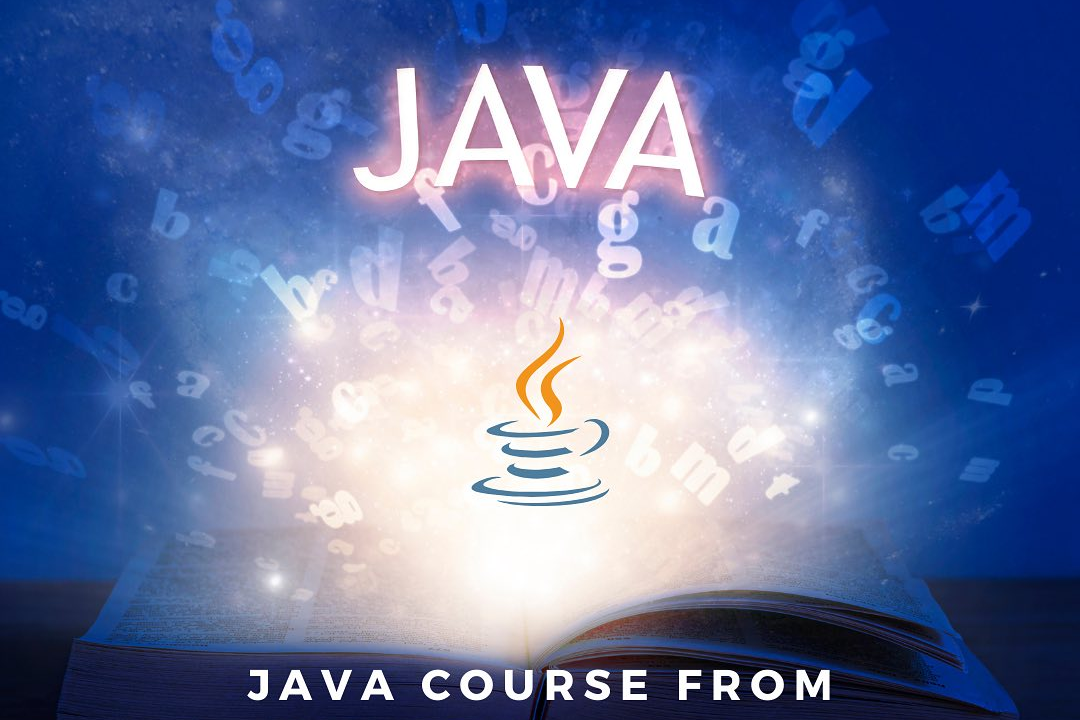MVC Architecture
Understanding MVC Architecture: A Comprehensive Guide
MVC Architecture
MVC (Model-View-Controller) architecture is a design pattern used in software development to separate an application into three interconnected components, promoting organized code and separation of concerns. The Model represents the data and business logic, handling data retrieval and manipulation; the View is responsible for displaying the user interface and presenting the data to the user; and the Controller serves as an intermediary that processes user inputs, updates the Model, and refreshes the View accordingly. This separation enables easier maintenance, scalability, and testability of applications, as each component can be developed and modified independently.
To Download Our Brochure: https://www.justacademy.co/download-brochure-for-free
Message us for more information: +91 9987184296
1 - Definition: MVC is a software architectural pattern used for implementing user interfaces by separating application logic into three interconnected components: Model, View, and Controller.
2) Model: The Model represents the data and the business logic of the application. It directly manages the data, logic, and rules of the application.
3) View: The View is responsible for displaying the data from the Model to the user and presenting the user interface. It renders the visual elements of the application.
4) Controller: The Controller acts as an intermediary between the Model and the View. It handles user input, interacts with the Model, and updates the View.
5) Separation of Concerns: One of the main advantages of MVC is that it separates concerns, meaning each component has its own responsibility, making the application easier to manage and scale.
6) Maintainability: Because of this separation, changes to one part of the application (e.g., updating the user interface) can be made independently of the others, enhancing maintainability.
7) Reusability: Components in MVC can often be reused across different parts of an application or in different applications altogether, leading to more efficient development.
8) Scalability: MVC architecture can handle the increasing user demands and feature requirements without a complete redesign of the application.
9) Testability: With its modular structure, MVC makes it easier to test individual units of the application (like the Model or Controller) in isolation, improving the overall quality of the software.
10) Event driven: MVC supports event driven programming models, where user inputs are processed and the system responds to events in a structured way.
11) Framework Support: Many popular web frameworks (like Ruby on Rails, Angular, and ASP.NET MVC) are based on the MVC architecture, providing built in support for the pattern.
12) User Interaction: The Controller receives input from the user (through the View), processes it (often invoking methods on the Model), and determines how to respond (which View to render).
13) Data Binding: In many MVC frameworks, changes in the Model can automatically update the View and vice versa, simplifying synchronization between user interface and data.
14) Routing: MVC applications often use a routing mechanism which directs HTTP requests to the appropriate Controller based on the requested URL, allowing for cleaner and more organized code structure.
15) Multi View Capability: A single Model can be presented in multiple ways (Views), allowing the same data to be displayed differently based on the user’s needs or roles, thus enhancing user experience.
16) Interactivity: JavaScript frameworks often leverage the MVC paradigm to create highly interactive client side applications, ensuring a smooth user experience.
17) Adaptability: As new requirements arise, MVC allows for flexible adaptations in the application's components without significant rewrites of the existing code.
18) Community and Documentation: Given its popularity, there is substantial community support and extensive documentation available for MVC frameworks, thus aiding learning and problem solving during development.
These points should give a comprehensive overview of MVC architecture, providing a solid foundation for students who are looking to understand or work with it in their development experiences.
Browse our course links : https://www.justacademy.co/all-courses
To Join our FREE DEMO Session: Click Here
Contact Us for more info:
HTML course with certificate
Java For Real Estate Technology
salesforce certification free
Learn Flutter
Java Course in Thane 2024











